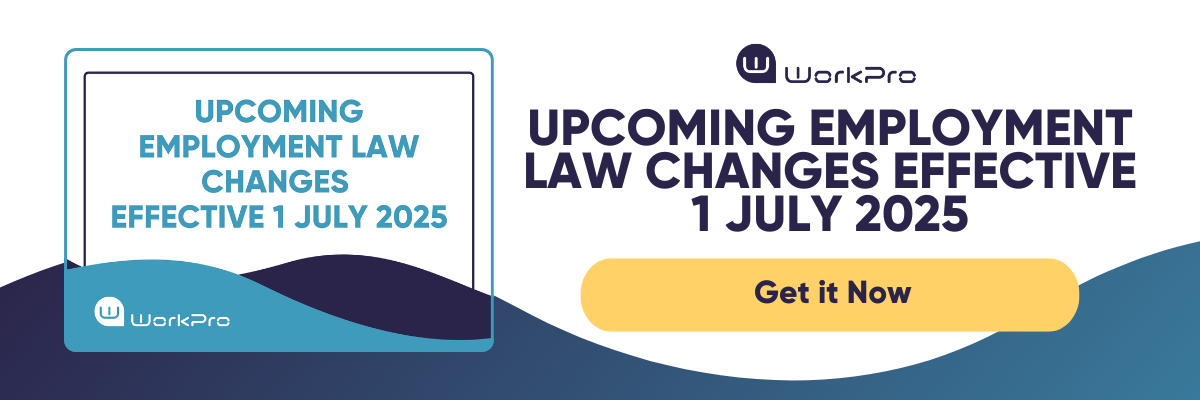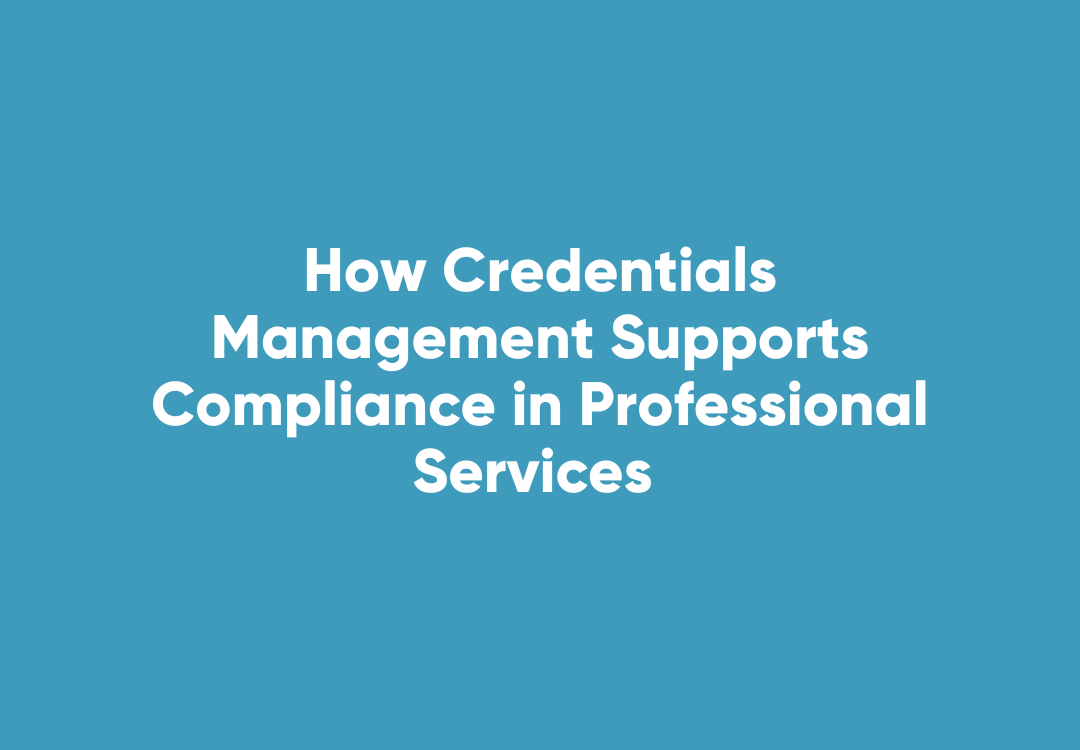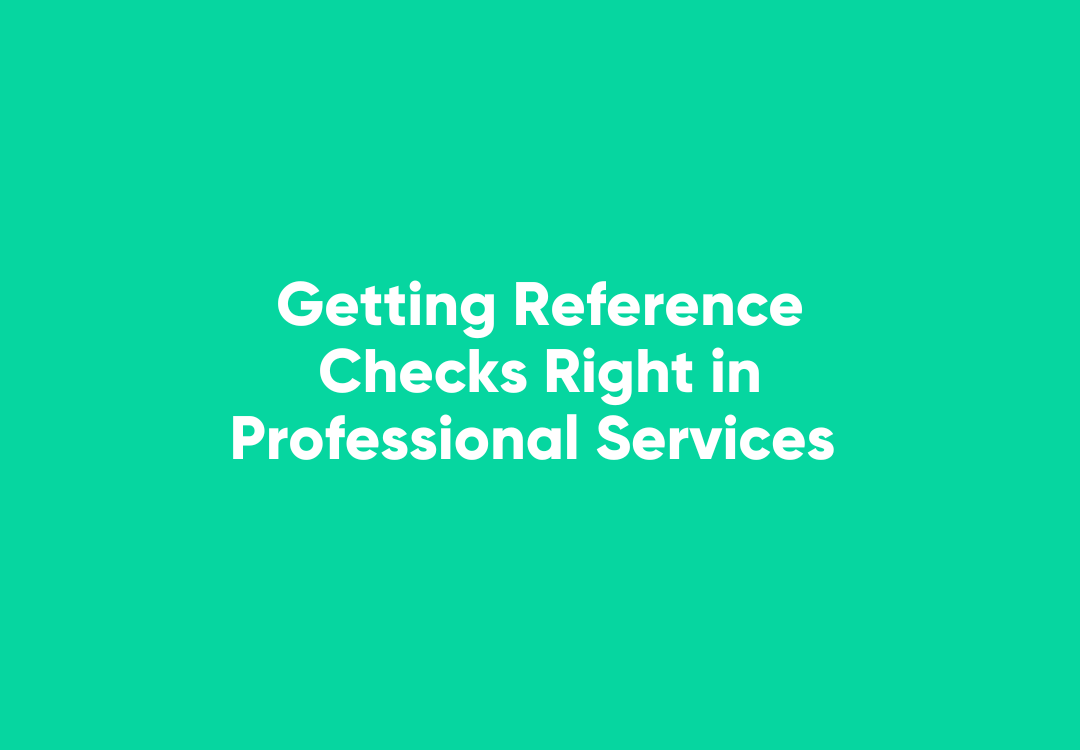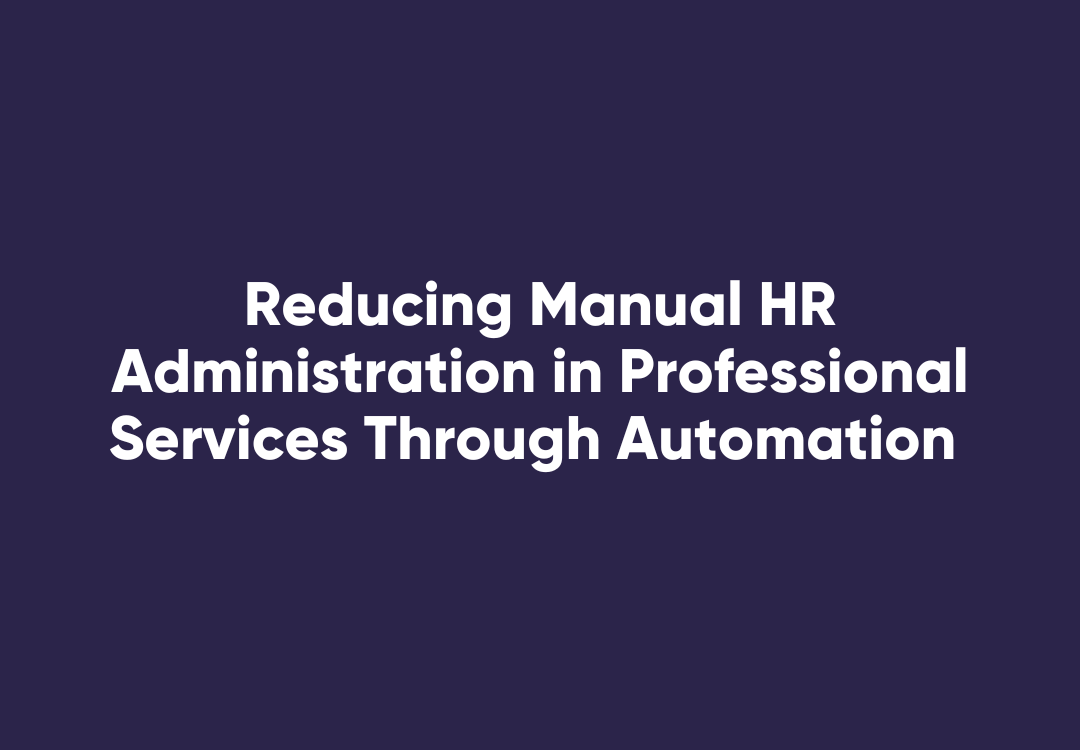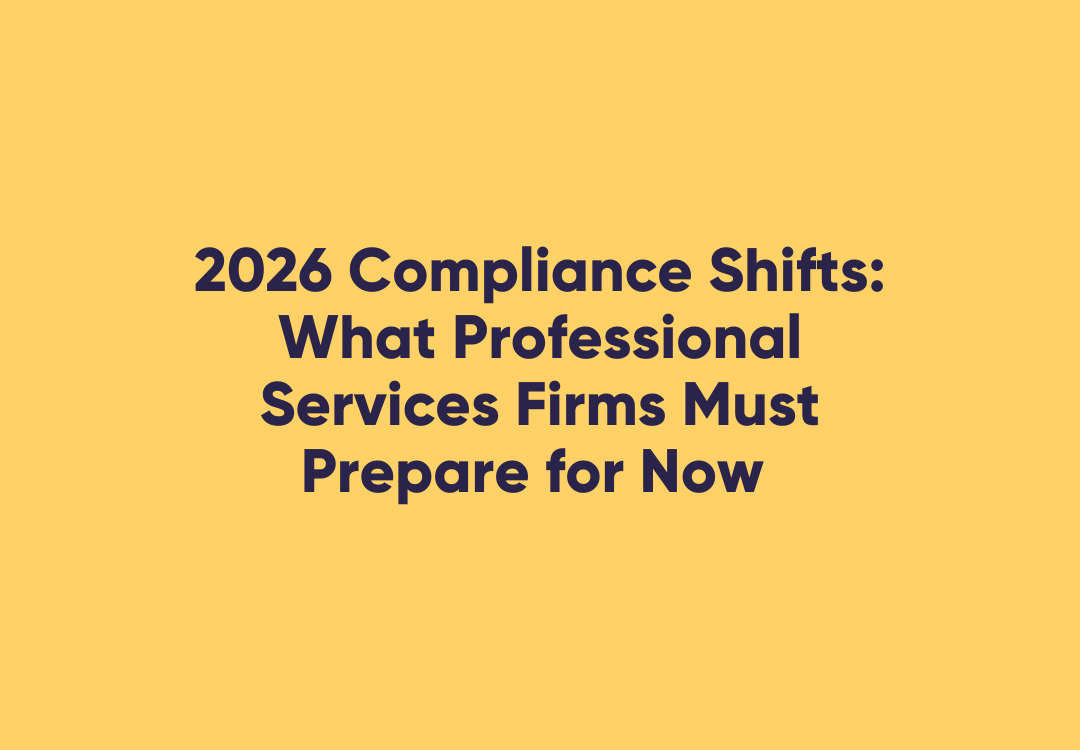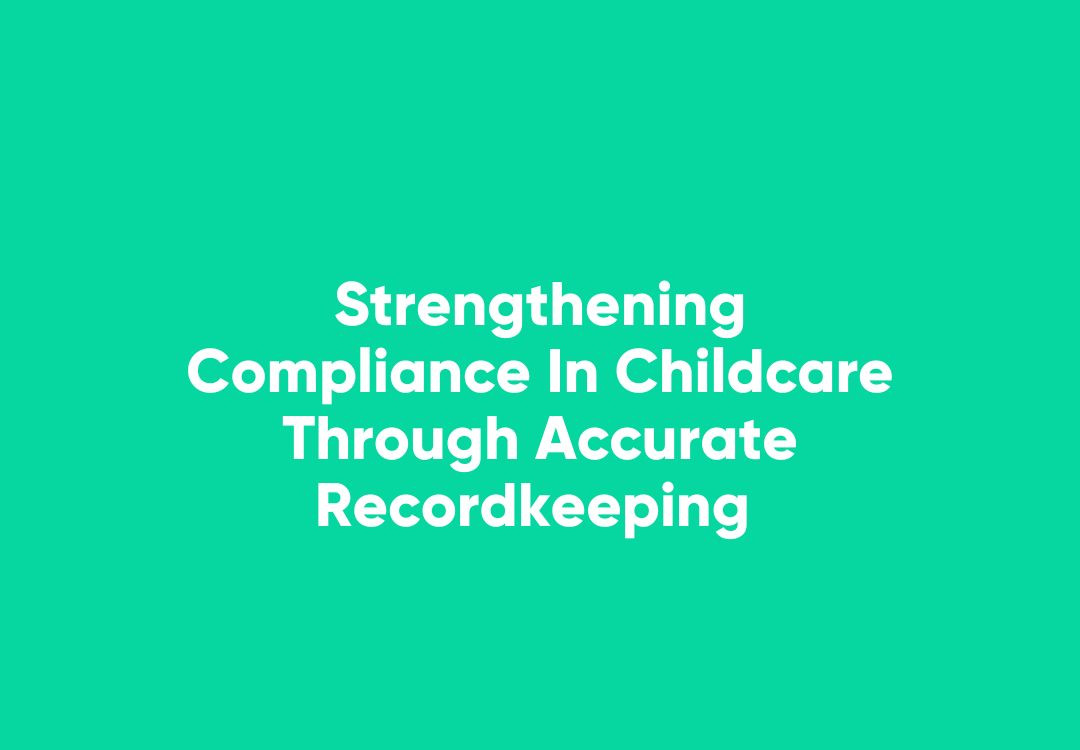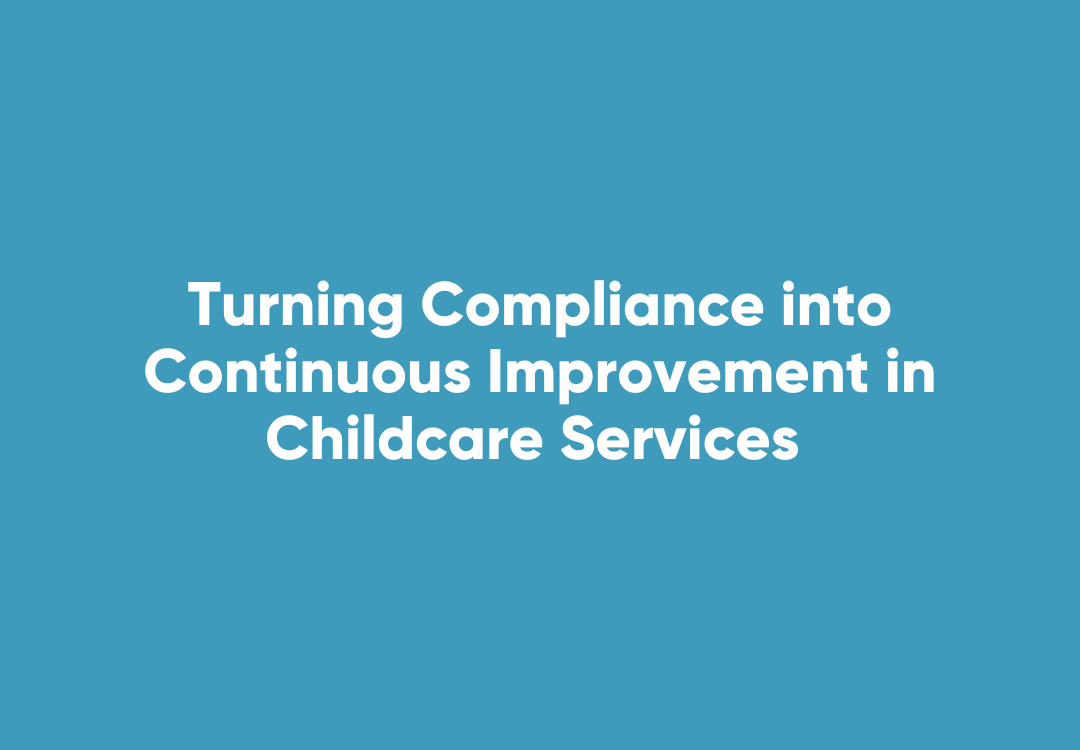EOFY 2025: Fair Work Act Compliance Essentials
EOFY Compliance and the Fair Work Act: What Employers Need to Know in 2025
As the 2025 financial year concludes, Australian employers must stay on top of significant updates. Changes include the Fair Work Act, effective from 1 January 2025, which introduces stricter penalties for non-compliance, including criminal charges for intentional wage underpayments. Additionally, new employee rights, such as the "Right to Disconnect," come into effect, reshaping workplace dynamics.
Understanding these legislative changes is crucial for businesses to maintain compliance and foster a fair working environment. This blog outlines the key updates to the Fair Work Act and provides actionable steps for employers to align their practices accordingly.
What is EOFY Compliance Under the Fair Work Act?
EOFY compliance under the Fair Work Act involves reviewing and updating employment practices to align with the latest legislative requirements by the end of the financial year. This process ensures that businesses adhere to current employment laws, mitigating risks and promoting fair workplace practices.
To ensure compliance for FY25, organisations should:
- Review and update employment contracts and policies in line with new legislation.
- Implement training programs addressing recent legal changes.
- Conduct audits to ensure accurate wage payments and classifications.
- Ensure accurate record-keeping of employment terms and conditions.
By proactively addressing these areas, businesses can maintain compliance and support their workforce effectively.
Key Updates to the Fair Work Act in 2025
1. Criminalisation of Wage Theft
From 1 January 2025, intentional underpayment of wages and entitlements is a criminal offence under the Fair Work Act. Employers found guilty can face significant penalties, including imprisonment and substantial fines.
2. Right to Disconnect
Effective from 26 August 2025, employees have the right to refuse unreasonable work-related contact outside of working hours. This change aims to promote work-life balance and reduce burnout.
3. Superannuation Guarantee Increase
From 1 July 2025, the superannuation guarantee rate will increase to 12%, requiring employers to contribute a higher percentage of employees' ordinary time earnings to their superannuation funds.
4. Paid Parental Leave Expansion
Starting 1 July 2025, the government-funded paid parental leave scheme will expand from 22 to 24 weeks, with superannuation contributions included during the leave period.
5. Clarification of Employee vs. Contractor Status
The Fair Work Act now applies a multi-factorial assessment to determine whether an individual is an employee or independent contractor, focusing on the true nature of the working relationship beyond contractual terms. (Source: https://www.fairwork.gov.au/about-us/workplace-laws/legislation-changes)
WorkPro's Solutions for Navigating Legislative Changes
WorkPro offers a suite of tools designed to assist organisations in adapting to the evolving employment law landscape:
- Legislative Resources: Online resources including blogs, eBooks, factsheets and checklists about changes to employment laws across all Australian jurisdictions.
- eLearning Modules: Customisable eLearning modules focusing on new legislative requirements, including wage compliance and employee rights.
- Compliance Document Tracking: Tools to monitor and document compliance efforts, ensuring readiness for audits and inspections.
By leveraging WorkPro's solutions, businesses can ensure they remain compliant and foster a culture of fairness and accountability.
The transition into FY25-26 brings significant changes to Australia's employment laws, emphasising the importance of proactive compliance and fair workplace practices. By understanding and implementing these legislative updates, organisations can protect their workforce, avoid penalties, and promote a positive organisational culture.
Explore how WorkPro can support your organisation in navigating these changes and enhancing employment compliance today.


